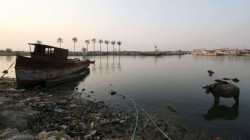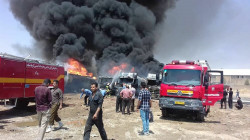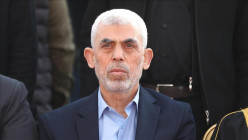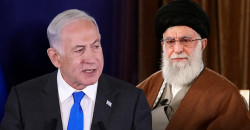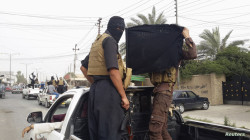Report: Iran and Iraq share the responsibility for the Attacks on the Global Coalition
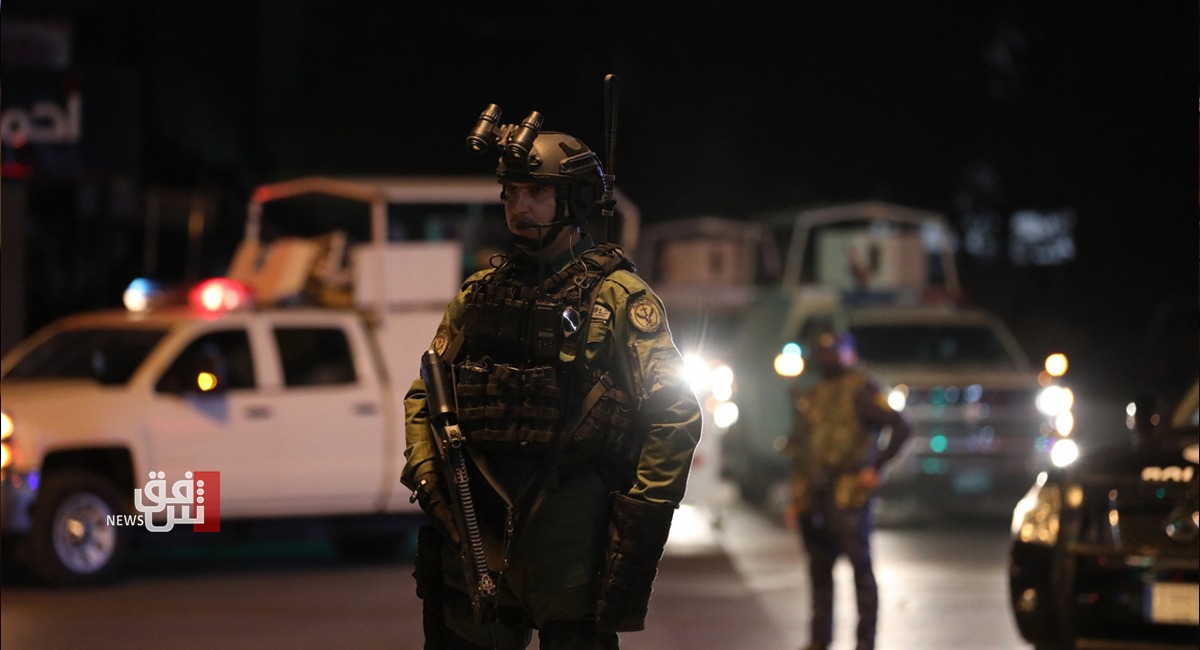
Shafaq News/ A report by "Just Security", the website specialized in Security studies and based in Reiss Center on Law and Security at New York University School of Law, said that Iraq, beside Iran, bear a legal responsibility against the backdrop of the attacks on the Global Coalition forces.
The specialist in the Iraqi Security and the researcher of the law of armed conflicts issues wrote, "In the space of less than a month, coalition forces in Iraq have endured four separate rocket barrages. These attacks have killed and wounded coalition personnel and Iraqi civilians. Meanwhile, a campaign of bombings targeting Iraqi trucks – alleged to be carrying supplies to the coalition – has increased in intensity, while larger Iraqi militias have apparently launched attacks on Saudi Arabia in potential coordination with Yemen’s Houthis."
Smith said that Iraq bears the legal responsibility for illegal militia attacks against the coalition, despite Iran's significant control over those militias, "this is because the militias, despite routinely operating without regard for the rule of Iraqi law, are ultimately organs of the Iraqi state. Iraq has a duty to prevent further attacks, and may bear some liability for harms created by these 'semi-non-state' actors."
The former officer in the British army said that the militias frequently justify their attacks by quasi-legal arguments or reference international law." The coalition is portrayed as an occupation force violating Iraq’s sovereignty with the claim that Iraqis support (discriminating) militia attacks against the military forces of the occupiers. Attacks against this, 'occupier' are therefore, per the militias, legal," adding, "This is false."
"The coalition operates on Iraqi soil at the invitation of successive elected Iraqi governments, and is tasked with supporting local forces in combating ISIS (a group that, though much diminished, remains a threat to stability). Since the sovereign state of Iraq has consented and continues to consent to the U.S. and coalition presence, there can be no occupation."
" Attacks are also not discriminate: militias have targeted the U.S. embassy, civilian airports, and private (civilian) companies associated with coalition forces. Hence, clear violations of the law of armed conflict. Rockets and IEDs frequently also miss their targets and kill civilians."
The report said that polling suggests Iraqi Shi’ites are not "particularly supportive of the groups and their goals."
He concluded that the attacks are attacks on forces present as guest of the Iraqi government, and are unjustified either as a matter of international or domestic law.
The author said that former US President Trump's approach to diplomacy helped escalate the current cycle of violence in the first place, but his threats also seemed to have forced Iran to demonstrate its overall control of militias.
"But despite their actions, and their close ties to Iran, there is another side to the militias. KH, AAH, KSS, HN, and other major muqawama groups are all officially and legally organs of the Iraqi state through their membership of the Hashd al-Sha’abi (Popular Mobilization Forces, or PMF), an umbrella organization comprising mostly Shi’ite groups that rose up in 2014 to join the fight against ISIS."
At the end of 2016, Iraq’s parliament passed “Law Number 40 of the year 2016: the Law of the Hashd al-Sha’abi Committee.” The law formalized a governing body for the militias (the “Popular Mobilization Committee” or PMC), while incorporating the Hashd al-Sha’abi into the Iraqi armed forces. The law also formalized a command structure, with the PMC and subordinate brigades answering directly to the Iraqi Prime Minister as Commander in Chief of the Armed Forces under country’s Constitution. A series of Prime Ministerial Orders built upon that law over the subsequent years to regulate the militias by formalizing pay structures, a rank system, and the applicability of Iraqi military laws and regulations.
While militias benefit greatly from their status, the Government of Iraq bears liability for their illegal actions. International law of state responsibility defers to domestic legislation when determining who or what is an entity of a given State. In this case, Iraq has very clearly elected to incorporate the PMF, and must own their conduct.
"According to Article 7 of the International Law Commission’s Articles on the Responsibility of States for Internationally Wrongful Acts Iraq must remain responsible even when its state organ (e.g. a PMF militia) exceeds its authority or contravenes instructions. This rule evolved in response to a need to ensure clarity in state relations. Rather than allowing states to avoid responsibility by simply disavowing their organ’s actions, international law supports the proposition (Article 7, paragraph 3 of commentaries, p.45) that “all Governments should always be held responsible for all acts committed by their agents by virtue of their official capacity.” This most certainly extends to the killing and maiming of allied personnel operating in Iraq at Iraq’s request."
While Iraq may have legal responsibility for the militias, the report said, Iran has significant control and likely has the power to prevent attacks. If Iran will not rein in its proxies, Iraq should publicly expose the linkages between the militias, their leaders, and the Islamic Revolutionary Guard Corps.
Smith added, "Legislation like the U.S. Global Magnitsky Act and the U.K. Global Human Rights Sanctions Regulations allows states to narrowly target individuals and groups linked to human rights violations."
Designations under this type of legislation has weight, not only because it limits the assets of abusers, but also because it hurts militia leaders’ credibility as potential future political leaders.
